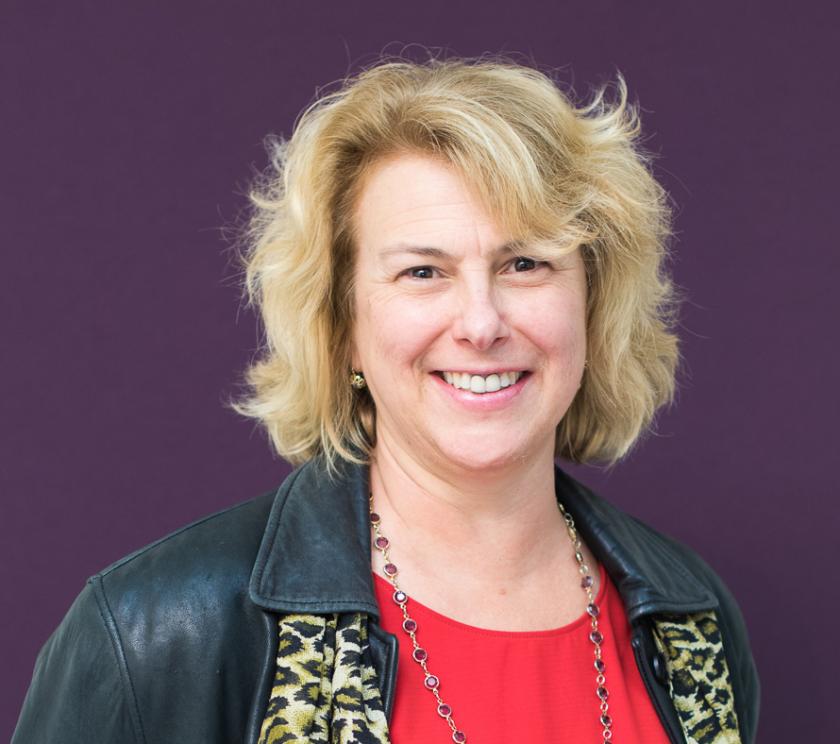
Theresa Dirndorfer Anderson has been selected by the iSchool faculty as a research fellow for the 2019-2021 academic years. Research fellows are chosen because their work is relevant to the interests of the School's faculty and students. During the period of their appointments, fellows give at least one public lecture.
Based in Sydney, Australia, Anderson is an active contributor to local and international initiatives to humanize data science. Her scholarly work engages with the fundamental concepts of uncertainty, relevance, and resilience in individual, organizational, and social settings. Anderson's research interests include data ethics, infrastructure politics, emerging technologies, and digital youth.
Her professional experience includes serving as associate professor and the inaugural director of the Master of Data Science & Innovation program at the University of Technology Sydney, working as a political research analyst for research centers and think tanks, and serving as a diplomat and environmental education officer.
"Currently, I am working with my state government on a master class on data, privacy, and building public trust, which is part of a government summit on privacy for the Minister of Innovation and Chief Data Scientist," she said. "I am also serving on two international organizations, Resilience Brokers and the International Science Council's Committee on Data. In light of the global pandemic, I am very excited to be able to contribute to important initiatives such as these, which are aimed at enabling communities around the world to recover and build on the experiences of recent times. I am also very much looking forward to the work that I will embark upon with the iSchool during this forthcoming period."
Anderson earned her MA and PhD in information science from the University of Technology Sydney, MA in international security studies and arms control from Lancaster University, and BA in diplomatic history and Soviet/Russian studies from the University of Pennsylvania.